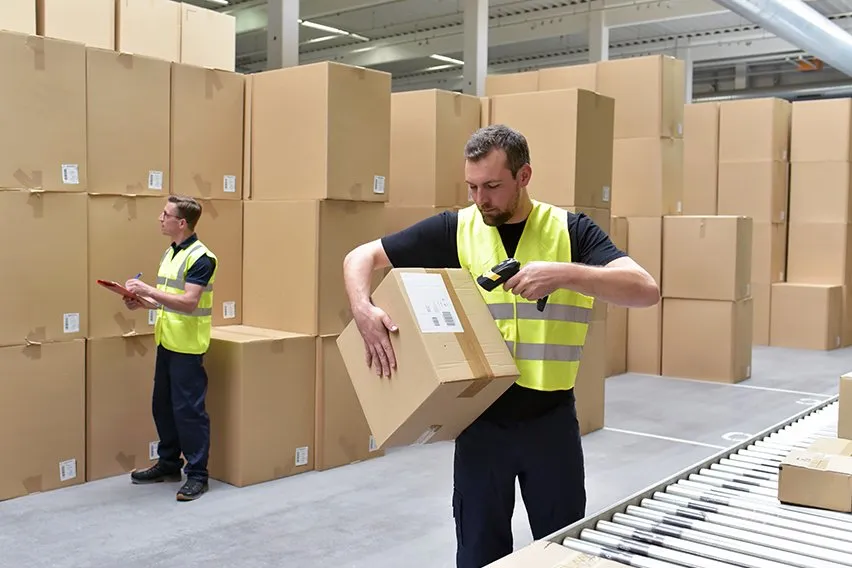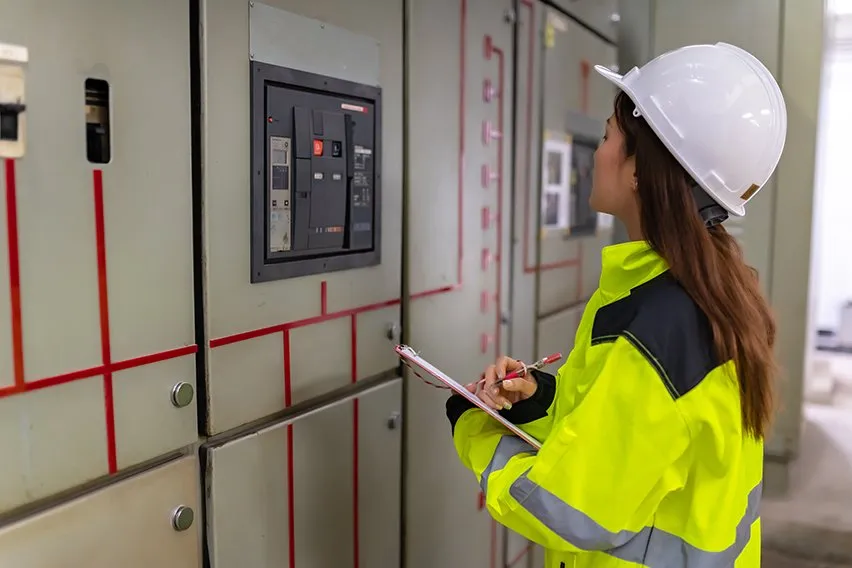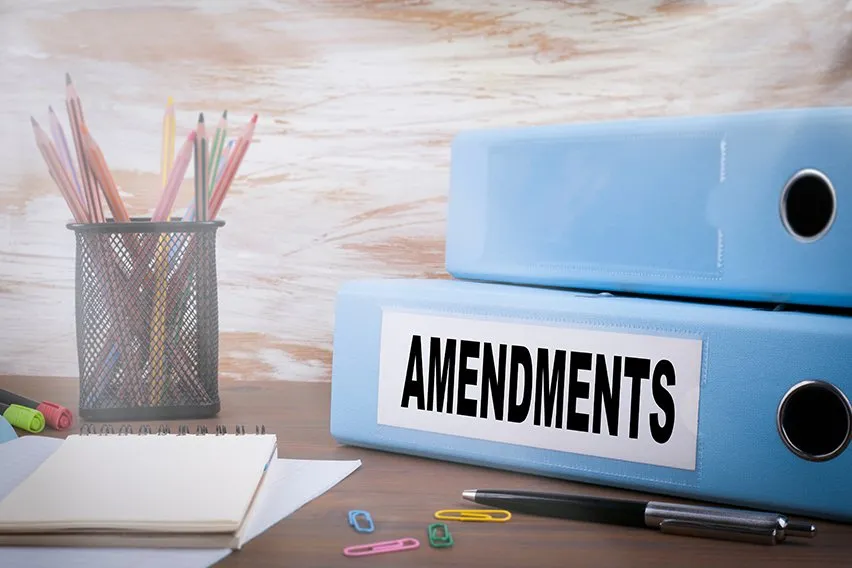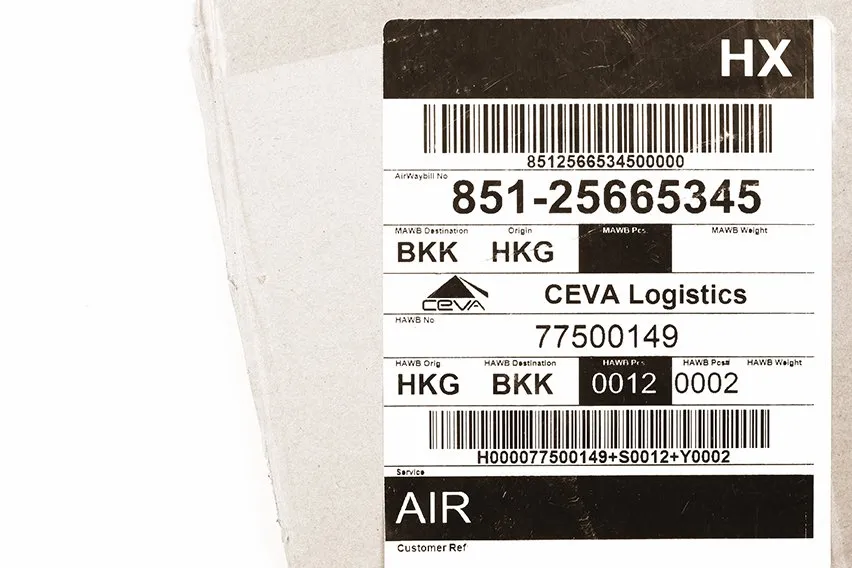What Is Warehousing? 6 Major Warehouse Processes

Warehousing makes the world go round. Truly! A well-functioning warehouse is the key to customer satisfaction for e-commerce businesses. Learn more in our guide.
Warehousing, at its simplest form, is the process of storing your goods to be sold later. A warehouse will hold your products and categorize them ready for distribution. Not every warehouse is a distribution center or fulfillment center. Some are just containers that pack and store.
In this article, we will flow through the main steps of the warehouse process. It will help to optimize your business sales process from warehouse storage to shipping.
Here’s What We’ll Cover:
1. Receiving
First, your warehouse has to receive the products to store them. This is the beginning of the warehouse operation and one of the most crucial steps. At the reception, the warehouse managers should give you a receipt for the goods you have given. This receipt is for any measure of items. Liters, cartons, boxes, kilos etc. It all depends on your specific products and how they are stored.
The warehouse needs to do a full count of the goods received.
What is the product? How many are there? Are they in good condition? How do they need to be stored?

2. Put-Away
This is the movement from the loading bay to the storage units. The Put-away staff will know where the items can be kept safely in the correct conditions. It is their job to store the products in the right direction, optimum temperature and right height. They will use the appropriate loading equipment to safely put-away the cargo.
The warehouse staff can use software to create barcodes for your items. This will help them identify and locate your products later.
3. Storage
Your items are in storage now! Ready to sell and ship. The storage process can sometimes involve certain timeframes. When do you expect items to sell and how long do you have the warehouse space for? It’s rare for warehouses to give you space indefinitely. It also involves understanding storage locations. Any good warehouse management will try to optimize vertical space as much as possible.
Storage is a key part of inventory management. The warehouse will keep track of how many items you have stored as sales start to come in. Knowing your inventory lets you know when it’s time to restock before you run out.
4. Picking
You have made a sale! It’s time to collect the item from the warehouse and prepare it for shipping. Picking can come in two flavors:
Primary picking – this is when the item comes directly off the shelf and gets ready to ship. There is no second in-between stage. For example, if you order a single bath bomb from the Lush warehouse, that is a primary picked product.
Secondary picking – this is when the item is part of a larger order. So say your Lush purchase also includes a shampoo bar for your Mom. That would be secondary picking. There are more steps to create a bundle order. Most online stores work this way.
Picking is streamlined by the warehouse management systems. It’s relatively easy to locate and retrieve items. They then need to mark off the item as “picked” and ready to process. Not doing this skews your inventory accuracy.
5. Packing
The next stage in the fulfillment process is packing. This is the fun bit! There is an element of quality control in this step. Packing involves protecting the products for shipping. No one wants a bath bomb that has crumbled into dust so Lush takes great care with their product packaging. Any branded boxes, tissue paper and invoices are included in the packing process.

6. Shipping
The final warehousing step is shipping. The product is ready to see its new home. Some warehouses have their own in-house delivery teams. This is relatively rare though. They usually have an agreement with larger couriers like DHL, UPS and FedEx to safely deliver the goods.
Key Takeaways
So that was a crash course on warehousing! It’s a simple process once you know the nuts and bolts of it. The categorization process of each product is extremely important so that nothing gets lost. Choosing a warehouse that streamlines these key processes will improve customer satisfaction.
If you are a small business owner who sells products, you will love our resource hub. We have many more guides like this one on how to optimize your business processes.
RELATED ARTICLES

 What Is a Distributed Control System?
What Is a Distributed Control System? Everything You Need to Know About the Durbin Amendment
Everything You Need to Know About the Durbin Amendment What Is DCAA Compliance?
What Is DCAA Compliance? What Is a Rotating Shift?
What Is a Rotating Shift? SKU vs UPC Code: What’s the Difference?
SKU vs UPC Code: What’s the Difference? What Is Slotting? Definition, Best Practices & Benefits
What Is Slotting? Definition, Best Practices & Benefits